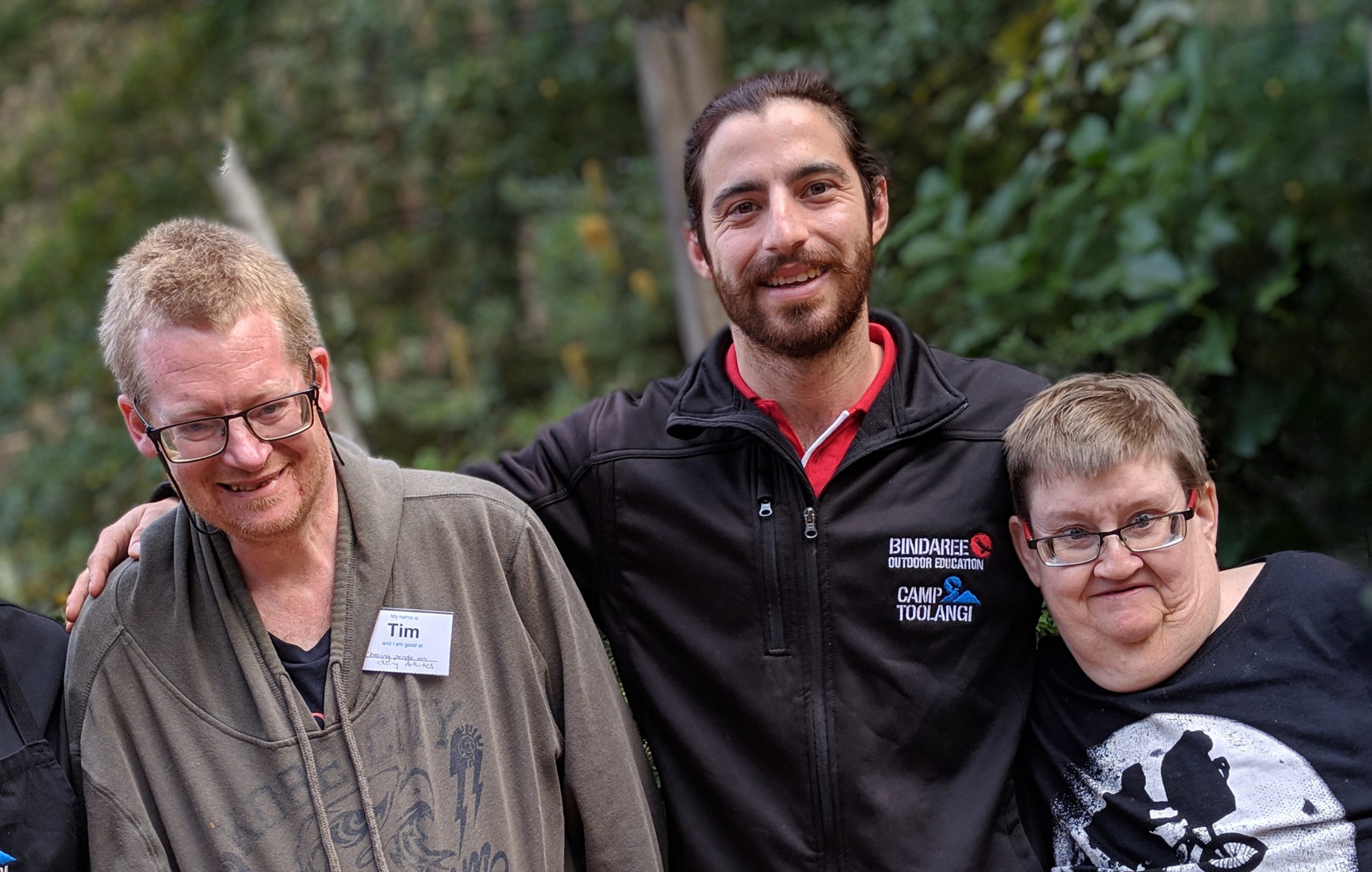Home isolation in a PWS Specific Adult Group Home

Of all the issues I believed we would be confronted with in 2020 in our Prader-Willi Syndrome Adult Group Home, COVID-19 certainly was not one of them!
This article will hopefully give you some insight and tips to help you navigate the PWS challenges at home while we are living in a world that requires us to follow professional advice of isolation and social distancing.
On any regular day at the House, the day mainly consists of off-site Day Programs for the residents from 9-4 pm. With the residents occupied off-site, this allows staff to clean, and more importantly prepare and cook meals in advance without the residents around. The success of the House relies on routine routine routine! Following routine is how we most effectively work with both the PWS behavioural and food issues.
As you would be aware, the COVID-19 pandemic has altered our regular daily routine.
The biggest challenge we have faced is having almost no opportunity to prepare meals away from the residents as they are all following isolation and social distancing guidelines, therefore are in the home for most of the day.
Another challenge has been the reduction in incidental exercise from being out in the community. How have we coped? Like most of you, we have developed new strategies, new routines and made things up as we go along, with a lot of trial and error. It’s not easy, but we have certainly surprised ourselves with some creative solutions that have shown to be working.
Below is a list of helpful tips for families, that we have found to work:
Exercise
- We try to be very creative with our exercise to encourage participation.
- Ball games have been introduced, and we encourage our residents to walk to the local park to participate in this activity
- Staff are bringing their dogs to work with them. This encourages our residents to take a walk with the dog, play with them and groom them. This is always a novelty because the dogs are not a permanent fixture at the house. If you don’t currently have a dog, perhaps a friend could loan you their dog for a day or a few hours?
- Housework is a fantastic exercise that we have incorporated into our routine. Thursday is now Cleaning Day, and we involve the residents in this thorough house clean. It gets the residents up and moving and participating in house duties. Of course, this is in addition to the daily staff cleaning schedules.
- You-Tube exercise videos have been a hit. There are a lot more around, and new ones are being uploaded every day. These are great when the weather isn’t ideal. We have set up a space in the living room so the residents can all join in. Some good YouTube channels that we have found to engage the residents and get them up and moving are ‘PE with Joe’ and ‘Cosmic Kids Yoga’.
Distraction activities
- Board games and puzzles are a great way to use up spare hours.
- Art is a big part of our house and is an excellent distraction.
- Get out some chalk draw on the pavement, trace around your bodies and complete a self-portrait. Or use some window paints or liquid chalk pens to draw pictures on the windows.
- Pearl beads are also a fun way to take up a lot of time. Sets are available at Ikea
Meal preparation
- We utilise opportunities when residents are at the park to get as much meal prep done as we can.
- When residents are home, distraction is the key. And this doesn’t come without its fair share of challenges!
- Meal prep is done very cautiously and with a higher level of awareness and focus.
- We try out best to keep residents highly engaged and distracted with activities as best we can, while meal prep is in progress.
- We are doing our best to prep meals in bulk (2-3 days at a time), where possible to avoid preparing meals daily to minimise the residents‘ exposure to food outside of mealtimes.
We are all in this together – Good luck and please don’t hesitate to reach out for support if you need it.
Prader-Willi Syndrome (PWS) is a rare, complex, unique, life-threatening multistage genetic disorder which affects 1 in 15,000 births and results in an abnormality of chromosome 15. PWS can have a significant impact on behaviour, learning, mental and physical health, community inclusion and social relationships. People with PWS exhibit high anxiety, complex and challenging behaviours and cognitive dysfunction throughout their lives. PWS is a spectrum disability, and the degrees of visual abnormality varies immensely. Many people with PWS also have psychiatric problems and autistic characteristics. A defining characteristic of PWS is hyperphagia, or a compulsion to eat. For more information visit www.pwsavic.org.au
Prader-Willi Syndrome Association of Victoria (PWSA Victoria) is a volunteer lead ACNC registered Australian Charity, with many volunteers having lived experience. Their role is to work closely with organisations around the world, whose vision and purpose align with their own, to ensure their local PWS community is well supported, while researchers around the world work hard to find a cure and viable treatments. The PWSA Victoria’s aim is to continue to break down barriers and create a world where everyone with PWS has access to the right tools, to enable them to live a full and inclusive life. For more information, please visit www.pwsavic.org.au
